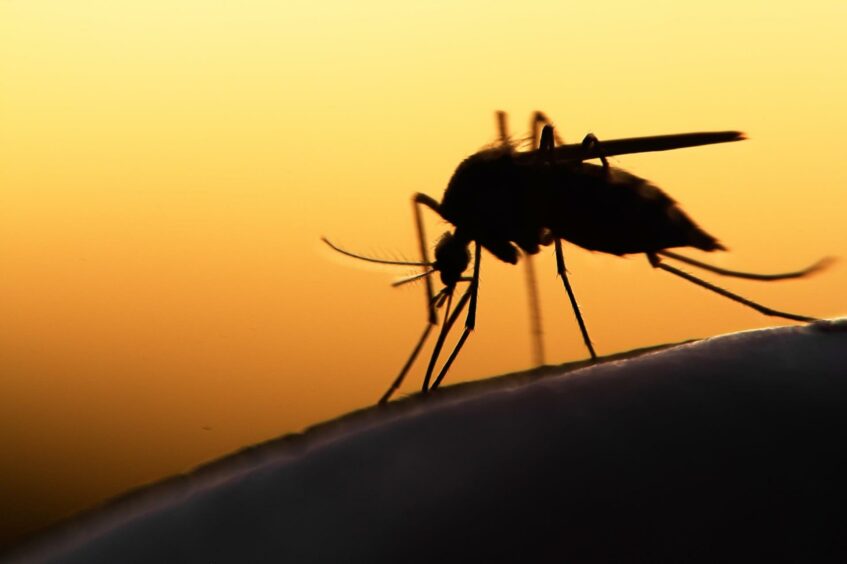
While the global health focus is still on the COVID-19 pandemic, malaria remains as a serious and life-threatening disease among adults and children in many countries including international travellers and employees who are residing in malaria transmission areas.
In 2020, WHO reported that malaria deaths increased by 12% compared to 2019, with an estimated 627,000 malaria deaths and 241 million cases1. World Malaria Day 2022, which falls on 25 April, marks the achievements of countries that have achieved zero malaria since 2000 and this year’s theme is ‘Harness innovation to reduce the malaria disease burden and save lives’. The day will re-ignite the movement to end malaria in countries still impacted by the disease.
Due to the enduring challenges posed by the COVID-19 pandemic, progress towards zero malaria over the recent years has slowed or stalled, specifically in high burden countries in sub-Saharan Africa. The challenge to achieve a malaria-free world within a generation relies on ensuring the progress made in malaria control is not hindered and to keep accelerating global efforts against the disease.
Dr Irene Lai, Medical Director, International SOS, comments “In the past two years, the COVID-19 pandemic has caused disruptions in essential malaria services and highlighted some of the challenges that limit progress in healthcare globally. Malaria is a treatable and preventable disease. It is critical, even with the use of the new malaria vaccine in young children in some countries, that education and awareness, use of insecticide-treated bed nets, early diagnosis and treatment, and vector control are continued.”
Dr Dave Knight, Medical Doctor and Malaria Specialist at International SOS, adds “In almost 21 years of working and consulting in tropical countries for International SOS, it is clearly apparent there is a huge variation in the knowledge and attitudes about malaria risk and how to prevent malaria among workers. There are also many misconceptions about malaria prevention prevalent in workers and management, especially among international assignees. Malaria shares some of the common symptoms of COVID-19, including fever, fatigue and headache. Thus, a malaria case may be misclassified as COVID-19, and this further complicates the fight against the disease. If symptoms alone are used to define a case in an emergency there is critical period when treatment should be started to prevent severe disease and death.”
International SOS advises the ABCDE approach to malaria prevention
Awareness: be Aware of the risk and symptoms and how to protect yourself
Bite prevention: avoid being Bitten by mosquitos, especially between dusk and dawn
Chemoprophylaxis: if prescribed for you, use Chemoprophylaxis (antimalarial medication) to prevent infection (see the International SOS Factsheet on long-term use of malaria chemoprophylaxis)
Diagnosis: immediately seek Diagnosis and treatment if a fever develops while in, or one week or more after being in a malarial area (up to one year after departure)
Emergency: carry an Emergency Standby Treatment (EST) kit if available and recommended (the kit that contains malaria treatment)
International SOS and Relate
International SOS has partnered with the Relate organisation for nine years running, raising money by supporting their bracelet campaign. The Relate Trust is a proudly 100% not-for-profit social enterprise which predominantly sells handmade beaded bracelets around the world to raise money for charities globally, while creating jobs for people in low-income communities. To date, over 3.6 million of bracelets were sold worldwide and R67 million was raised to fight malaria2.
Register for our upcoming ‘Malaria Prevention for Business Continuity’ webinar on 5 May to learn more about malaria prevention strategies you can adopt to protect your organisation’s workforce and its surrounding communities.
You can also learn more about malaria services at internationalsos.com.